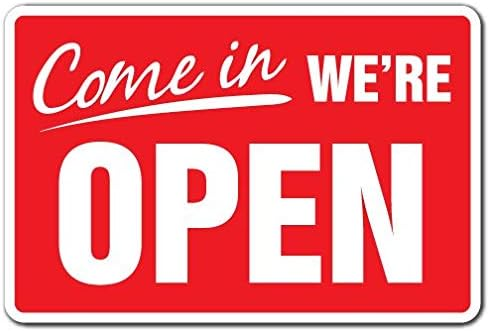When I was a Hillel Rabbi I had the fortune of helping a bunch of students apply to Rabbinical school. In my time on campus students went to almost all of the major schools. It is interesting to reflect that in one way or another each school’s application asked the potential student his/her perspective on Shavuot. OK, not the holiday, but his/her perspective on Revelation. This seemed to be based on an assumption that asking the applicant this epistemological question would clarify if the school was a good match. With maybe one exception I would say that all of these students did not approach their interest in the Rabbinate in these terms. Rather, each one was drawn to the Rabbinate because s/he believed that becoming a Rabbi would help him/her make change in the Jewish community and contribute to the larger world. The idea of religious movement really came in as an afterthought to this broader vision. It seemed in almost all of the cases that this narrow idea of a specific movement was solely the trappings of the schools and not particularly relevant the student.
I was thinking about this when I started to read the beginning of Behar, this week’s Torah portion. There we read:
And the Lord spoke to Moshe in Mount Sinai, saying: Speak to the children of Israel, and say to them: When you come into the land which I give you, then shall the land keep a sabbath to the Lord. Six years thou shall sow your field, and six years you shall prune your vineyard, and gather in the produce thereof. But in the seventh year shall be a sabbath of solemn rest for the land, a sabbath unto the Lord; you shall neither sow your field, nor prune your vineyard. ( Leviticus 25: 1-4)
In this portion we learn about the laws of Shmita. In this cycle the land is left to lie fallow on the 7th year and all agricultural activity, including plowing, planting, pruning and harvesting, is forbidden. Rashi asks an insightful question, ” Why are we talking about the matter of Shmita at Sinai?” Which is to say that the entire Torah is given at Sinai, why is this Torah portion outlining an ancient technique of creating a sustainable agriculture introduced as the laws that God “spoke to Moses in Mount Sinai”? It seems strange to single this law out. And maybe even more strange in that the Torah was given in Diaspora and this law was only going to be applicable in the Land of Israel.
When I think about these students I realize that many of them have already becomes or are about to become my peers. We were all drawn to the Rabbinate to create a more meaningful and sustainable Jewish community. I hope that all of us are contributing to the world in meaningful ways. But I am still worried. In the name of sharpening our skills, how has Rabbinical education dulled our initial visions to help the world? Has the lens of movement clouded our capacity to see the larger Jewish community and larger world? To what degree are the movements part of the solution or the leadership pipeline problem?
In this sense I want to ask Rashi’s question in reverse. Why are we talking about the matter of Sinai when we are learning about Shmita? Do our understanding of what did or did not happen at Sinai really matter when it comes to making this world a better place? To what degree are the different understandings of Revelation or different movements of Jewish life still relevant? So yes, I have fallen into the same trap of movement. I call myself an Orthodox Rabbi. But when asked what I am I will say that I am an Open Orthodox Rabbi. And to a great degree I am still waiting to meet more Open Reform, Open Conservative, Open Reconstucting, Open Haredi, and Open Humanist colleagues.

Repairing our fractured community scarred by a history of fighting movements might feel like moving mountains, but I hope it will make our community more sustainable. If we want to solve the pipeline problem we need to lean into being more open
Leave a comment